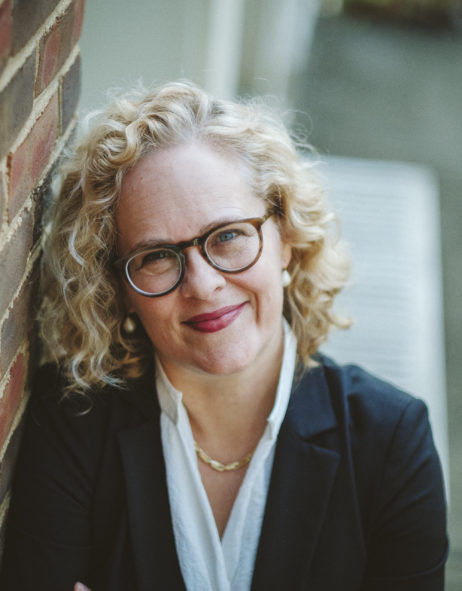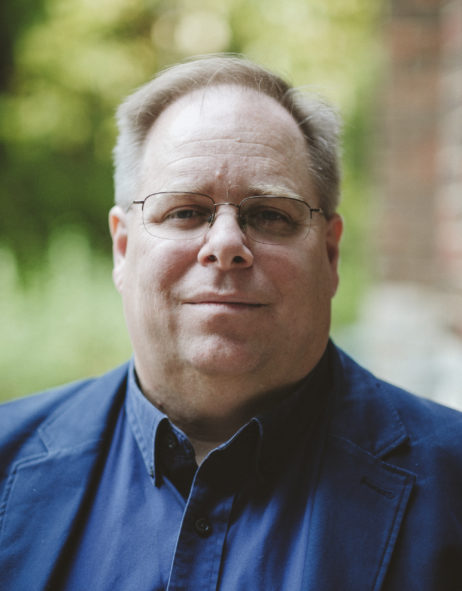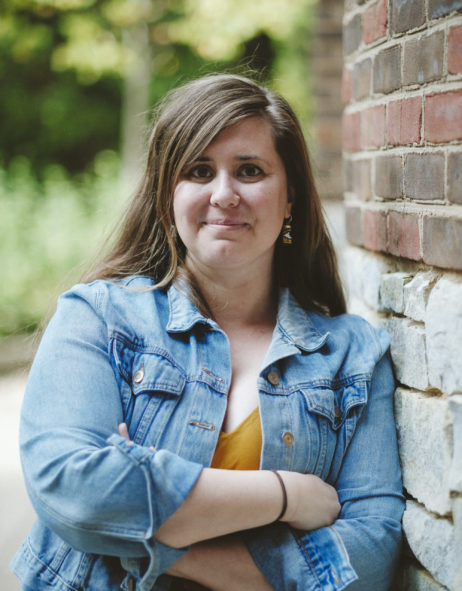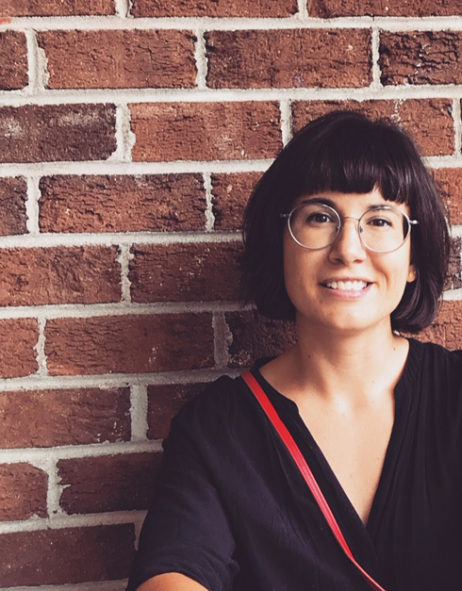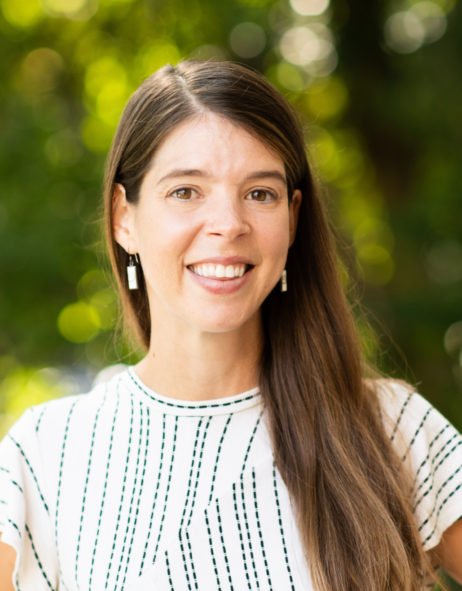Mission
The Lab supports teaching, facilitates research, and produces stories in many forms on religion, race, and democracy.
We bring researchers, students, journalists, and public leaders together to focus on the ways these complex forces are found in and shape our everyday lives.
We are committed to the idea that learning more about how religion and race work with democratic societies can help us to live together in today’s pluralistic and increasingly global societies.
Who's Involved
The Lab provides a highly collaborative and creative research environment for UVA students, faculty, and journalists.
Students take courses on our topics, conduct sponsored research, and learn about producing scholarship for a broad public audience.
Our faculty Lab Partners develop new courses and host symposia on religion, race, and democracy, mentor students to become independent researchers and public intellectuals, and contribute to our podcast, Sacred & Profane.
The Lab’s professional staff produce our podcast, curate our website, and oversee our public programs.
Background
The Religion, Race & Democracy Lab is the first of several humanities labs that have been launched by the University of Virginia’s Democracy Initiative, an ambitious, interdisciplinary research and teaching enterprise to study how democracies have fared in their efforts to achieve legitimacy, stability, civil equality, accountability, prosperity, and resilience in the face of contemporary and past challenges.
The Lab’s work is made possible with funding from the Mellon Foundation and the Democracy Initiative.
Why a Lab
A lab in the sciences tests hypotheses and discovers new knowledge. In a similar way, a humanities lab brings students, faculty, and staff together to investigate and solve problems collectively. The Lab runs on the conviction that new understandings arise when we bring the excellence of our different disciplines into a highly creative and collaborate environment. Working together, we are committed to producing engaging research that stimulates the public imagination.


